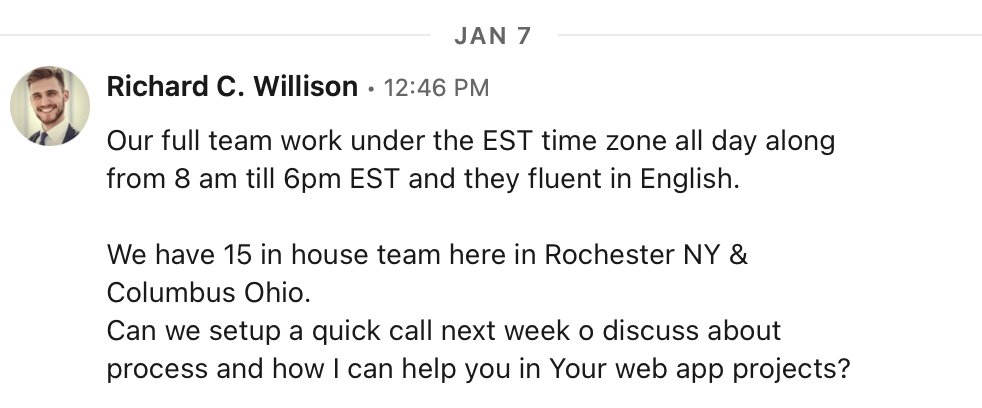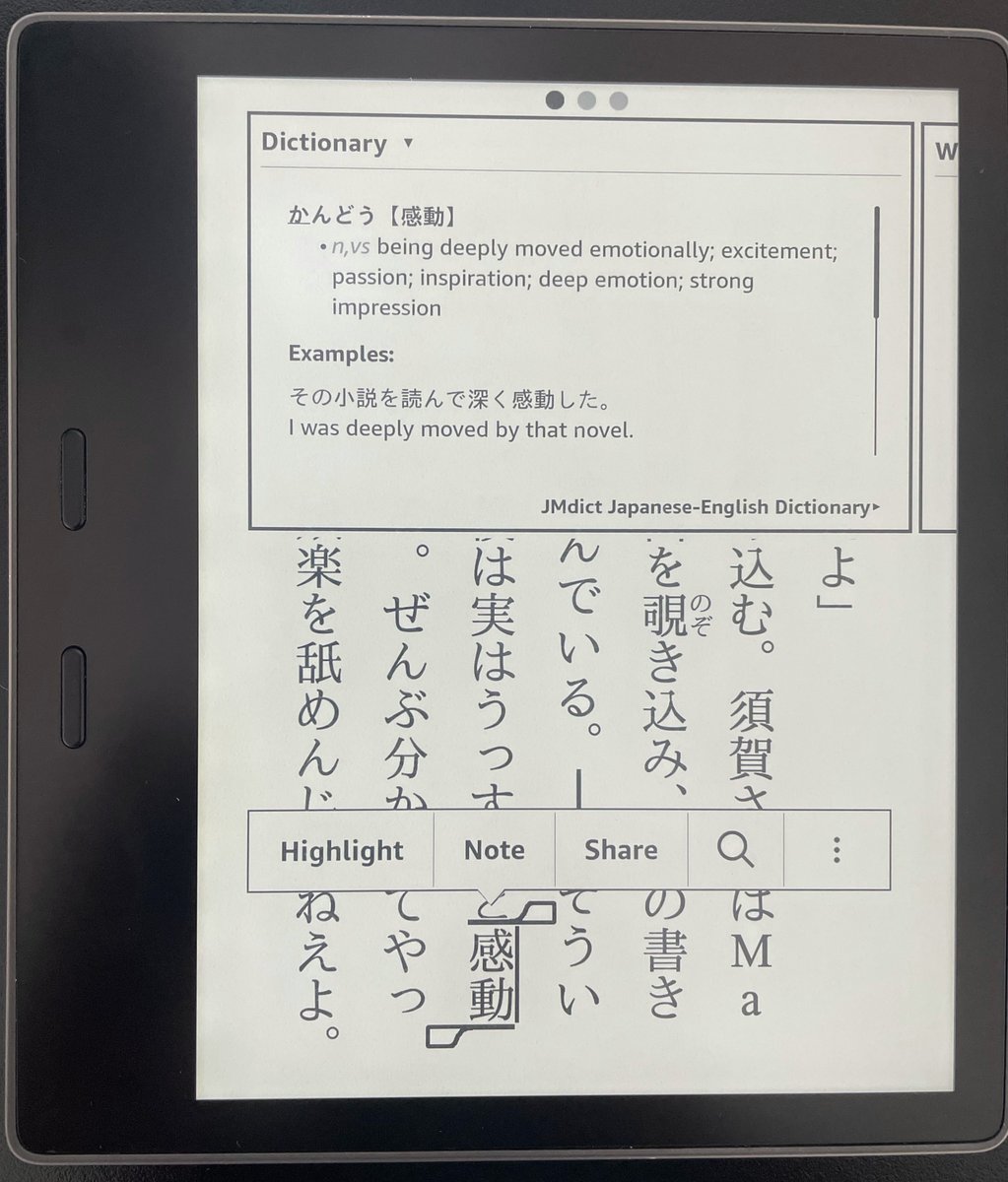A brief thread about life in Japan is about how people seem to be reacting to COVID. #searlsjp
From Japan, I consumed a lot of US based news about COVID. I knew case counts were 100x worse here. I expected to return to a dystopian lockdown.
Instead, I'm shocked. America gave up
From Japan, I consumed a lot of US based news about COVID. I knew case counts were 100x worse here. I expected to return to a dystopian lockdown.
Instead, I'm shocked. America gave up
In July, when our prefecture (Nara, pop. 1.3M) had *literally zero* est. active COVID cases, I would go days without seeing an unmasked face. Drivers of empty cars wore masks. Restaurants were open but virtually empty. People shopped in stores, but batched trips. Roads were empty
Here we are in August, back in our state (Ohio, pop. 11.6M) with ~20k est. active COVID cases, and so far I've seen 0 people in masks who weren't working service industry jobs. Drove by a brewpub that doubled outdoor seating and was PACKED last night. Road traffic similar to 2019
I'm no expert, but 4 days in, Ohio seems like a different planet compared to what I got used to in Japan. US news made me think anti-maskers were a vocal minority, but it seems like there's a huge swath of people who've just learned to stop worrying and love the virus. It's sad.
IMO, Japanese culture has always over-indexed on fear, shame, and self-denial—often with self-destructive and repressive results. But this time, it sure has come in handy for suppressing the pandemic. Economically, I'm worried their demand shock will persist way too long, but 🤷♂️
But it feels like many freedom-lovin' Americans have been indoctrinated in a sort of Freedom Extremism. Where any shame passed to them by others is read as a *violent attack*, not only to be argued with but openly and flagrantly rejected. Shamelessness as a defense against norms.
So anyway, all this to say I think it's probably going to be a while before Japan lets Americans back in.
• • •
Missing some Tweet in this thread? You can try to
force a refresh









